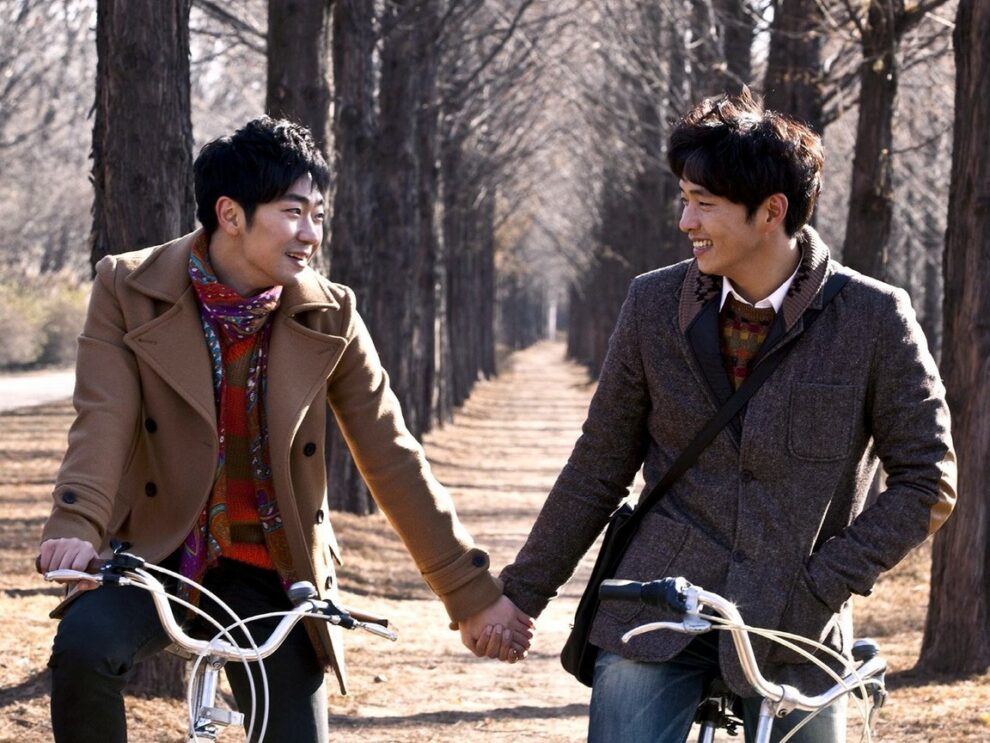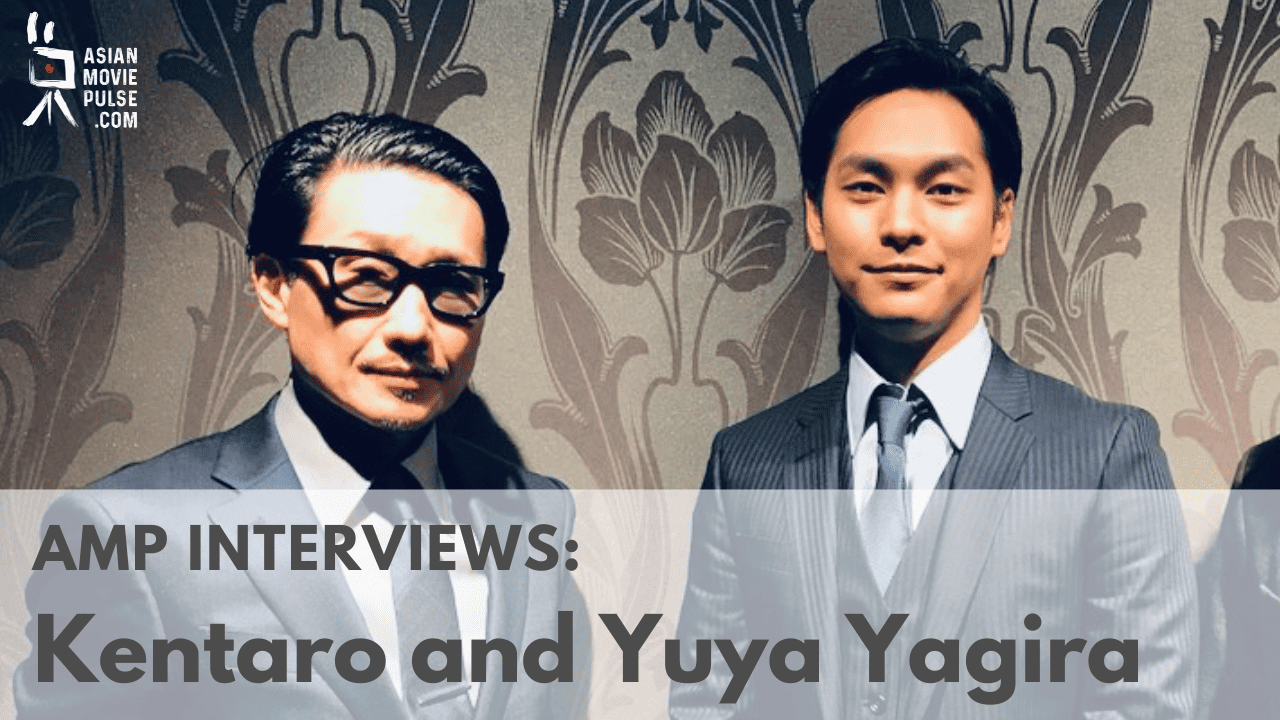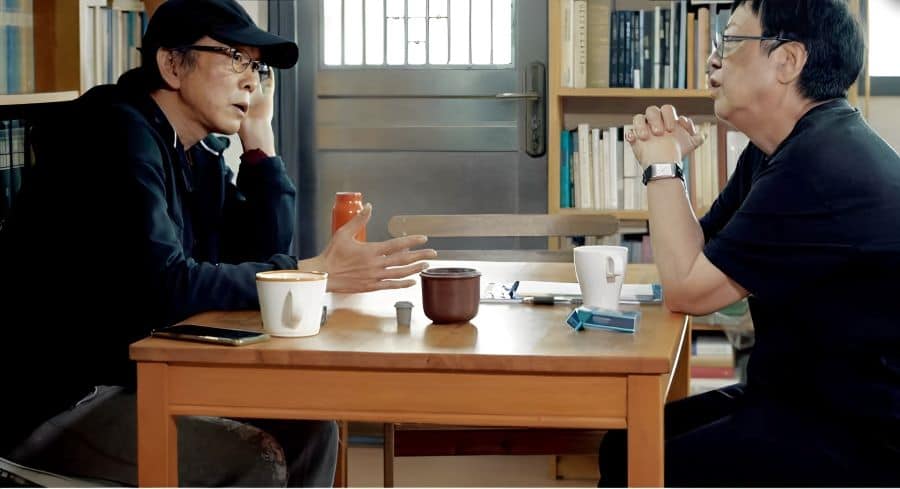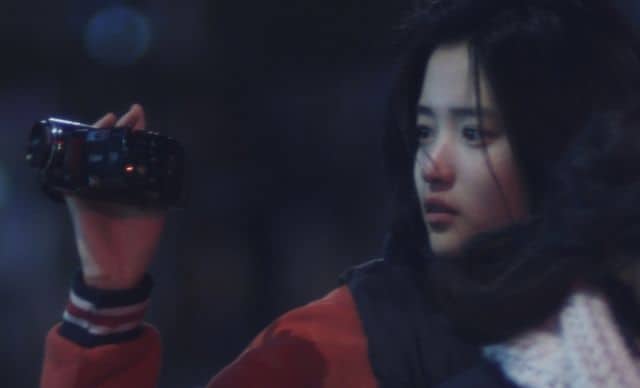After the release of his critically acclaimed gay romance “Badhaai Do” in 2022, Harshvardhan Kulkarni was asked whether or not he was inspired by Kim Jho Gwang-Soo's “Two Weddings and a Funeral,” which had come out in Korea ten years prior. Kulkarni denied having seen Kim Jho's film and noted that the concept of “Lavender Marriages,” in which a man and a woman marry in order to hide that they're gay, is not new. He went as far as to compare it to the “Elopement Marriage” trope found in so many romance stories throughout history, but the truth is that queer marriages of convenience have factored into far fewer popular films. It's difficult, then, not to compare the two films, but Kim Jho's exploration of the idea is breezier and sillier at its best. Unfortunately, overwrought melodrama in the third act takes away from what is otherwise a winning rom-com.
“Two Weddings and a Funeral” is screening at Hong Kong Arts Centre, as part of the The Look of Love: Korean Romance Film Showcase program

Min-Soo (Kim Dong-yoon) is a successful doctor who hides his queerness from everyone in his life save for his tight-knit group of gay friends. In order to appease his relatively conservative parents, he enters into a deal to marry Hyo-Jin (Ryu Hyun-kyung), a gay woman who wants to adopt a child with her partner, Seo-young (Jung Ae-yeun). Because the marriage will make the adoption easier, it seems like the perfect plan at first, but things escalate when Min-Soo begins a relationship with an exciting new man named Suk (Song Yong-jin). Soon, the makeshift newlyweds are having to balance their real romances with societal pressures and the watchful eyes of Min-Soo's nosy parents.
This is a set-up rife for madcap set pieces and misunderstandings, and the script by Park Hae Young and Kim Yoon-sin does an admirable job finding the expected humor in the situation. Interestingly, though, the plot really shines when it shifts from the faux-marriage and focuses on the budding romance between Min-Soo and Suk. While the rest of the film functions as a message movie about being gay in Korea, this core love story is sweet and funny and told with a refreshing openness about sex and early-relationship awkwardness. The unapologetically candid portrayal of queer love is especially meaningful when considering how few Korean films feature LGBTQ characters even in the periphery.
Check also this interview
It doesn't hurt that Kim and Song have enough chemistry to fuel a movie just about them. The same could probably be said about Ryu and Jung, but the lesbian half of the equation gets far less screentime. It's unmistakably a movie about gay men; Min-Soo's battles with self-acceptance are the backbone of the movie, while Hyo-Jin and Seo-young are mostly static characters. A more well-balanced screenplay would have focused more on the platonic bond between the married couple as they grow to understand one another (this is the approach that “Badhaai Do” took ten years later). Still, it's hard to complain when the focus on Min-Soo means that his lovable group of friends is featured prominently. A rom-com is only as strong as its best characters, and they're more than up to the task here. The film is at its best during warm scenes of them making fun of each other and discussing gay Korean slang.
It's a shame, then, that the final thirty minutes take a hard left turn into tragedy and teary-eyed sentimentality. Without giving anything away, the “Two Weddings and a Funeral” title is not false advertising. The death of a flamboyant side character to further Min-Soo's coming-out journey feels cheap and even offensive. Is it not enough to have a charming romance about gay characters? Must there always be tragedy and heartbreak? Plus, Kim Jho doesn't quite have the chops to pull off these extreme tonal shifts.
But when he's in his unapologetically silly comfort zone, what he's able to accomplish is impressive. The visual look (courtesy of Kim Jho and DP Kim Myeong-joon) wouldn't feel out of place in your run-of-the-mill K-Drama, but scenes of people sitting around and talking to each other still captivate thanks to the clear, snappy direction. There's also an impressive sense of control in the first half; wacky scenes of physical comedy and charmingly schmaltzy love montages coexist without any of the friction that comes in the unfortunate final stretch.
Kim Jho is one of few openly gay Korean directors who have had box office success, and it's encouraging that he's been able to continue making films with happy, well-adjusted gay main characters like 2022's “The New Employee.” And while “Two Weddings and a Funeral” may seem a little dated or quaint to some viewers now, the popularity of something like “Badhaai Do” shows that it's still relevant. Its the kind of light romance that remains all too rare more than a decade later.















